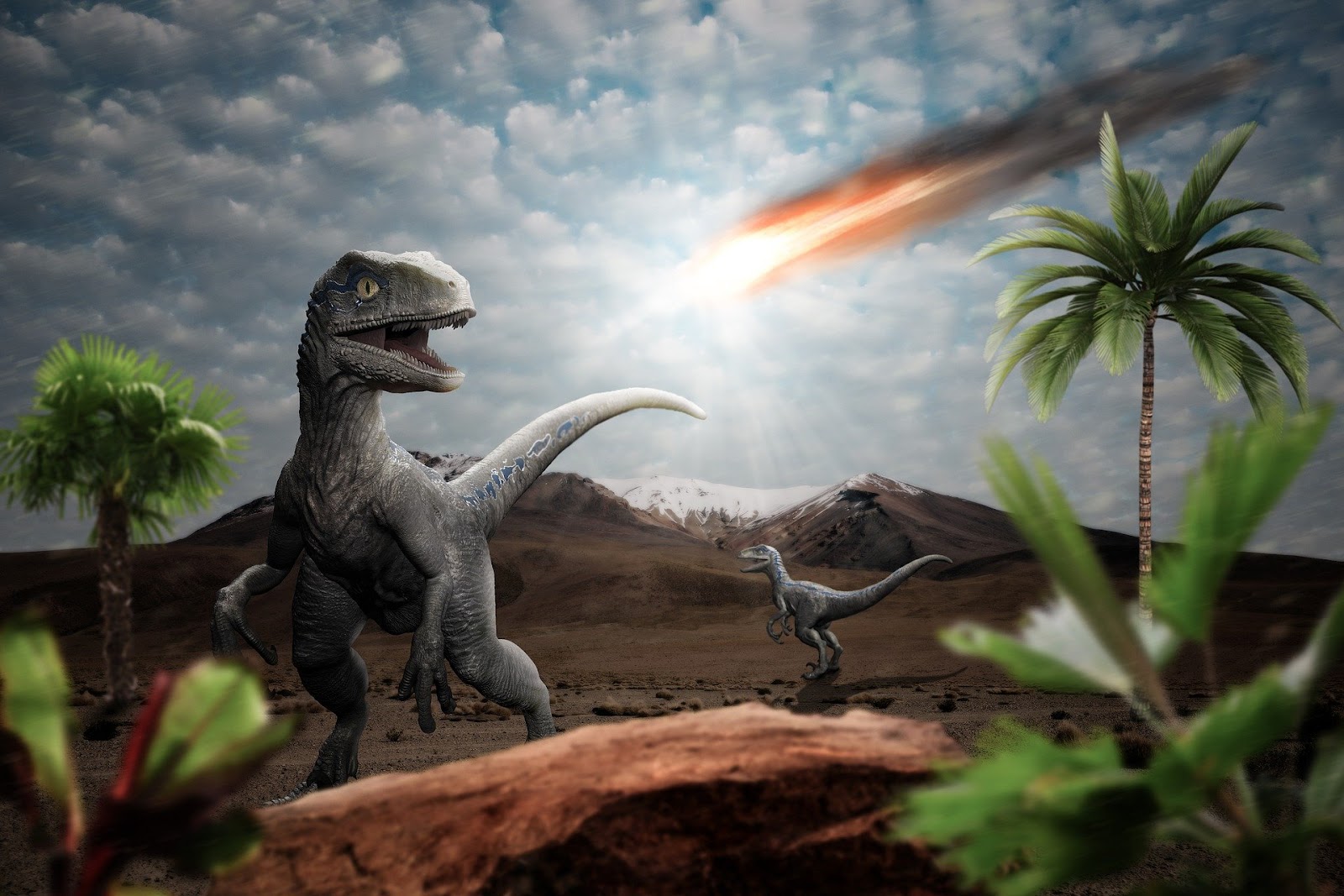how does gravity affect water that is on the surface of earth
How Does Gravity Affect Water That Is On The Surface Of Earth?
It pulls precipitation down from clouds and pulls water downhill. Gravity also moves air and ocean water. Gravity pulls denser air and water downward, forcing less dense air and water to move upward. The warm water near the surface of the ocean heats up with sunlight and evaporates, keeping the water cycle in motion.Jun 24, 2020
In what ways does gravity affect the water cycle?
Gravity causes precipitation to fall from clouds and water to flow downward on the land through watersheds. Energy from the sun and the force of gravity drive the continual cycling of water among these reservoirs. As the water is heated, it changes state from a liquid to a gas. This process is called evaporation.
What is the effect of Earth’s gravity on objects on the surface of Earth?
The Earth’s gravitational force accelerates objects when they fall. It constantly pulls, and the objects constantly speed up.
How does gravity in water work?
Two forces act on an object when it enters water: a downward force called gravity and an upward force called buoyancy. … If an object is more compact, or denser, than water, it will sink in water. If the density of an object is less than the density of water, the object will float in water.
How does gravity affect water pressure?
The higher you go, the less stuff is above you, so the lower the pressure. … Since water is a lot denser than air, in water the pressure changes a lot even for small height differences. Here’s how you can use water to see the way gravity affects pressure.
How does gravity hold water down?
Explanation: When you put something in water, gravity can pull the object down through the water only if an equal volume of water is allowed to go up against the force of gravity; this is called displacement. In effect gravity has to choose which it will pull down, the water or the immersed object.
What is the gravity in water?
1 Because water at 4 degrees Celsius is the standard scientists use to determine specific gravity, it follows that its specific gravity is 1. See also what did frederick mckinley jones inventWhat is an effect of gravity on objects on the surface?
Because the downward force on an object is equal to its mass multiplied by g, heavier objects have a greater downward force. Heavier objects, however, also have more inertia, which means they resist moving more than lighter objects do, and so heaver objects need more force to get them going at the same rate.
What is an effect of gravity on objects on the surface of Earth quizlet?
Explain the effect of Earth’s gravity on objects on the surface of Earth. Gravity pulls objects toward Earth at a rate of 9.8 m/s2. Weight is the result of gravity’s pull on a mass on Earth’s surface. The acceleration due to gravity on the moon is 1.6 m/s2, about a sixth that of Earth’s.
What is an effect of gravity on objects on the surface of Earth Check all that apply quizlet?
What is an effect of gravity on objects on the surface of Earth? Check all that apply. Objects “fall” toward the center of Earth.Objects are pulled by Earth but do not pull on Earth.
Is there no gravity in the water?
There is plenty of gravity underwater. That gravity is just offset by buoyancy, which is caused by the pressure in the column underneath a submerged object being greater than the pressure in the column above that object, resulting in net upward force on the object that mostly (but not completely) balances out gravity.
Does water have no gravity?
What is the gravity on Earth?
9.807 m/s²
Why does gravity increase pressure?
If you double the surface gravity, all other things being equal, you will double the weight of that same mass of air, so you will double the pressure at the surface.
How does gravity create pressure?
As gravity hugs the blanket of air to the Earth’s surface, what physicists call a density gradient is set up in the air. The air near the ground is pulled on by gravity and compressed by the air higher in the sky. This causes the air near the ground to be denser and at a greater pressure than air at higher elevations.
How does pressure affect water?
Atmospheric pressure influences the boiling point of water. When atmospheric pressure increases, the boiling point becomes higher, and when atmospheric pressure decreases (as it does when elevation increases), the boiling point becomes lower. Pressure on the surface of water tends to keep the water molecules contained. See also where can i get beignetsWhat would happen to water if there was no gravity?
Without gravity, the water in oceans, rivers and lakes would disappear, leaving Earth with no water supply. … Two of the more important things held on the ground by gravity are the atmosphere and the water in the oceans, lakes and rivers.Does gravity affect water?
Gravity is the force of attraction between two objects, and Earth’s gravity pulls matter downward, toward its center. It pulls precipitation down from clouds and pulls water downhill. Gravity also moves air and ocean water. … Gravity pulls denser air and water downward, forcing less dense air and water to move upward.How does gravity affect falling objects How does the force of gravity between Earth and an object change as the mass of the object increases?
Since the gravitational force is directly proportional to the mass of both interacting objects, more massive objects will attract each other with a greater gravitational force. So as the mass of either object increases, the force of gravitational attraction between them also increases.
What does the force of gravity between two objects depends on?
When dealing with the force of gravity between two objects, there are only two things that are important – mass, and distance. The force of gravity depends directly upon the masses of the two objects, and inversely on the square of the distance between them.
Does gravity pull harder on heavier objects?
So the force of gravity pulls harder on heavier objects, and it pulls every object no matter what the mass (neglecting air resistance) toward the Earth with enough force to have it accelerate 9.81 m/s/s. … The Earth’s gravity is most noticeable around here because the Earth is big.
What does the force of gravity do to objects quizlet?
Gravity is a force of attraction between objects that is due to their masses. The force of gravity can change the motion of an object by changing its speed, direction, or both. … All matter has mass. Gravity is a result of mass.
How Earth’s force of gravity changes over its entire surface if it changes quizlet?
How Earth’s force of gravity changes over its entire surface, if it changes? Force of gravity is weaker at the equator than at Earth’s poles because of centrifugal force created by Earth’s rotation and the equatorial bulge.;Force of gravity is stronger than average near the large dense rock bodies.
Can gravity act in a vacuum explain quizlet?
Gravity is a force of attraction by bringing everything with mass or energy towards each other, so yes it can act as a vacuum but if gravity neglects air resistance then it would be known as free fall and objects in free fall will be at the same speed.
What is the downward pull on an object due to gravity?
Mass is the amount of matter in an object, and weight is the downward pull on an object due to gravity.
What two factors affect gravity check all that apply?
The strength of gravity between two objects depends on two factors: the masses of the objects and the distance between them. The force of gravity between two objects is greater if the objects are closer together.
Which statement correctly describes gravity quizlet?
Gravity is the force that pulls objects toward Earth’s center. Gravitational pull between two objects increases as the mass of one increases. Gravitational pull decreases when the distance between two objects increases.
Is water wet?
If we define “wet” as a sensation that we get when a liquid comes in contact with us, then yes, water is wet to us. If we define “wet” as “made of liquid or moisture”, then water is definitely wet because it is made of liquid, and in this sense, all liquids are wet because they are all made of liquids.
Does zero gravity feel like underwater?
We can also feel weightless if we are floating in one place underwater, since the buoyancy force of water generally acts the same on all parts of our bodies. (It’s slightly higher on your feet compared to your head, since water pressure increases as you go deeper, but you won’t really notice that.)
Do we have gravity on Earth?
The answer is gravity: an invisible force that pulls objects toward each other. Earth’s gravity is what keeps you on the ground and what makes things fall. … Earth’s gravity comes from all its mass. All its mass makes a combined gravitational pull on all the mass in your body. See also what animal has the strongest teethHow do you make water without gravity?
Does gravity affect water boiling?
Weightlessness effectively removes two of the variables in boiling — convection and buoyancy. … When a pool of liquid is heated on Earth, gravity causes hotter regions in the liquid to rise, and cooler, more dense parts to sink — a process called “convection.” This motion spreads the heat around inside the liquid.
Why does water stay on Earth?
Gravity and inertia. Gravity is a force that attracts all objects with mass (or energy) to all other objects that have mass (or energy). In the case of these pools, the gravitational attraction between Earth and the water holds them together.
How does gravity affect the human body on Earth?
Gravity affects many parts of your body as you age. It compresses the spine, contributes to poor blood circulation and can decrease your flexibility. The gravitational pull also affects your organs, causing them to shift downward, away from their proper position.





